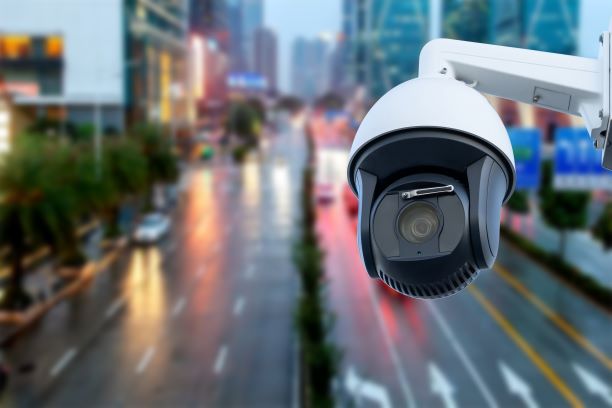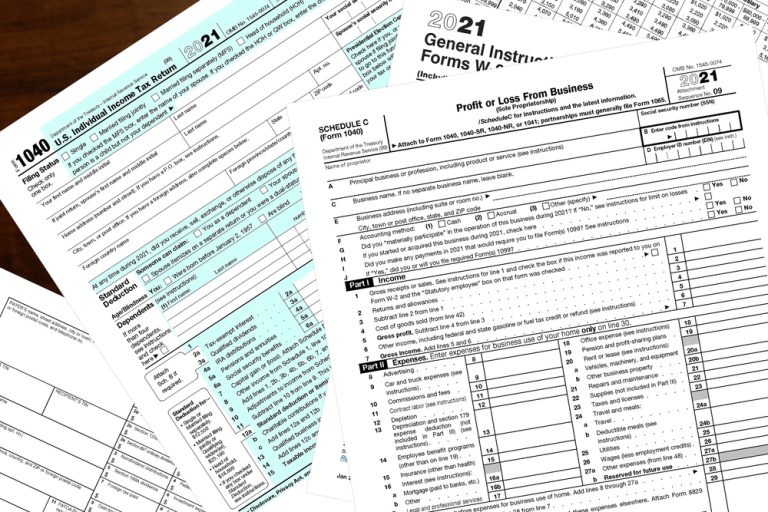The Cost of Convenience: Understanding the Third Party Food Delivery Dilemma
The Cost of Convenience: Understanding the Third Party Food Delivery Dilemma
UberEats. Postmates. Seamless. Grubhub. Eat 24. These are just a few of the names leading the market in the fast growing field of third party food delivery services (“TPDS”). TPDS generally result in increased revenues by generating additional business for casual dining restaurants and other industries that do not offer delivery. The introduction of TPDS in a restaurant’s business model is especially enticing because some restaurant sales are in decline. The convenience factor a TPDS brings to the table is something that the restaurant industry cannot overlook.
In the midst of this tech renaissance where maximizing convenience is king, there are important liability considerations associated with those third party delivery persons bridging the gap between the restaurant and consumer. Emerging issues in this new landscape include the potential for increased litigation involving matters such as food borne illnesses, auto accidents and possible intentional or criminal acts by delivery personnel. The question then becomes: how can restaurants minimize the potential for liability exposure while using TDPS?
A recent interview with a Grubhub corporate employee confirmed that Grubhub, as is the case with most of these TPDS in the industry – maintains written partnership agreements with all of the restaurants for which it provides services. However, according to a recent Technomic, Inc. study, “On Demand Delivery: Disrupting the Future of Foodservice,” 76 percent of customers hold the restaurant partially responsible for errors, even if restaurants have formal agreements with third-party delivery companies, and even though the consumer never interfaces with the restaurant itself during a TPDS transaction.
To mitigate risk, restaurants who utilize TPDS should include not only basic operational content in these agreements – like menu pricing – but also adequate liability limitation language. In formulating such a “partnership,” restaurants should consider the following provisions in any written agreement:
- Require TPDS and its drivers to actively disclaim any agency relationship with the restaurant
- Include strong indemnification terms which provide for a full shift of responsibility to the TPDS for any claims arising from a consumer’s use of the TPDS services
- Require TPDS to carry insurance coverage which names the restaurant(s) as an additional insured
- Require proof of insurance by the TPDS and for any driver the TPDS utilizes, including the requirement of clear vehicle ownership by the TPDS driver or TPDS service
- Require compliance with industry standards for safe food handling, including temperature maintenance and procedures to follow in case a customer is unavailable to take the delivery of an order at the time specified
- Partner with a TPDS that uses tracking technology so that the “chain of custody” can be firmly established to aid in the defense of food borne illness cases.
Written agreements aside, another emerging concern involves TPDS like Postmates which is well-known in the industry to deliver from restaurants without permission. Some restaurants may already be engaging with such TPDS without their knowledge. Even with this type of “passive permission” on the part of the restaurant, there is still a risk of a non-verbal partnership creating liability exposure. For this reason, restaurants should safeguard against unsanctioned delivery services in order to inform the public that TPDS operates independent from the restaurant. Methods for accomplishing this include:
- Specify the TPDS that restaurant has agreements with and issue disclaimers on the restaurant website regarding unauthorized TPDS
- Include disclaimer language in take-out or delivery menus
- Include disclaimer language in any online or paper advertisement for the restaurant
As technology evolves and becomes more innovative, we can expect a spike in personal injury or consumer protection lawsuits involving these types of third party delivery services. It is important to take precautionary measures to reduce the risk of liability associated with these TPDS.








